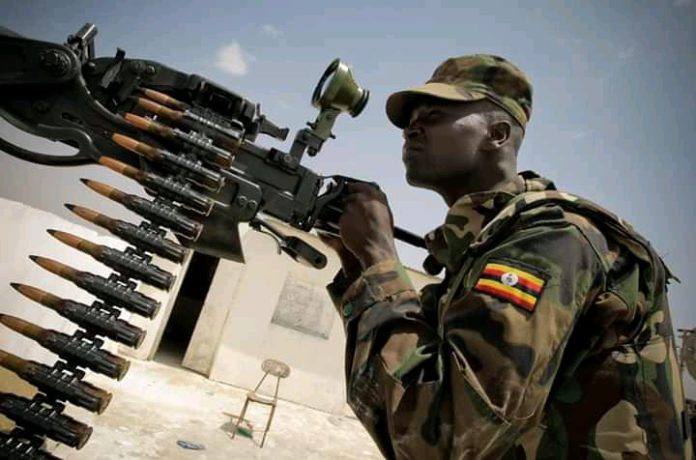On January 26, 2024, a distressing incident occurred in the village of Nyabirehe, located in the Busanza area of Rutshuru territory, 14 kilometers from the Kitagoma minor customs office that marks the border between the Democratic Republic of the Congo (DRC) and Uganda. This area, under the control of the M23 rebel group and its Rwandan allies, witnessed a brutal assault that resulted in the deaths of 13 civilians, including women and children. The attackers used machetes and axes to carry out the violence in the locality of Punga, Nyundo, not far from Kaseke, targeting farmers and cattle herders in the community.
Eyewitness accounts provide a harrowing narrative of the events. One survivor describes a shocking scene where Ugandan soldiers, armed and carrying supplies, crossed into Congolese territory around 3:00 PM. The presence of witnesses seemed to have caught them off guard, leading to a swift and brutal reaction. According to the survivor, six Ugandan soldiers detached from their unit to eliminate those who had seen them. “As they killed the first person, I fell into a hole, and they didn’t see me. It was only later that I managed to escape and hide,” recounts the survivor, shedding light on the terrifying ordeal faced by the victims and witnesses alike.
Compounding the tragedy, the region’s isolation, exacerbated by a lack of cellular network coverage in that zone under control of the M23 and the Rwandan Defense Forces (RDF), made it difficult to report the massacre or seek immediate help.
The aftermath of the attack saw the community grappling with the loss and the logistical challenges of dealing with the deceased. By February 2, 2024, the bodies, which had significantly decomposed, were buried in a mass grave, a testament to the difficulties faced by the community in accessing immediate aid and the harsh realities of conflict zones.
The incident raises serious concerns about the involvement of Ugandan military personnel in acts of violence against civilians and underscores the urgent need for accountability and a thorough investigation into the actions of the Ugandan army (UPDF). It highlights the broader issues of security and humanitarian crises in areas affected by armed conflict, calling for increased international attention and intervention to protect civilians and prevent further atrocities.





























































